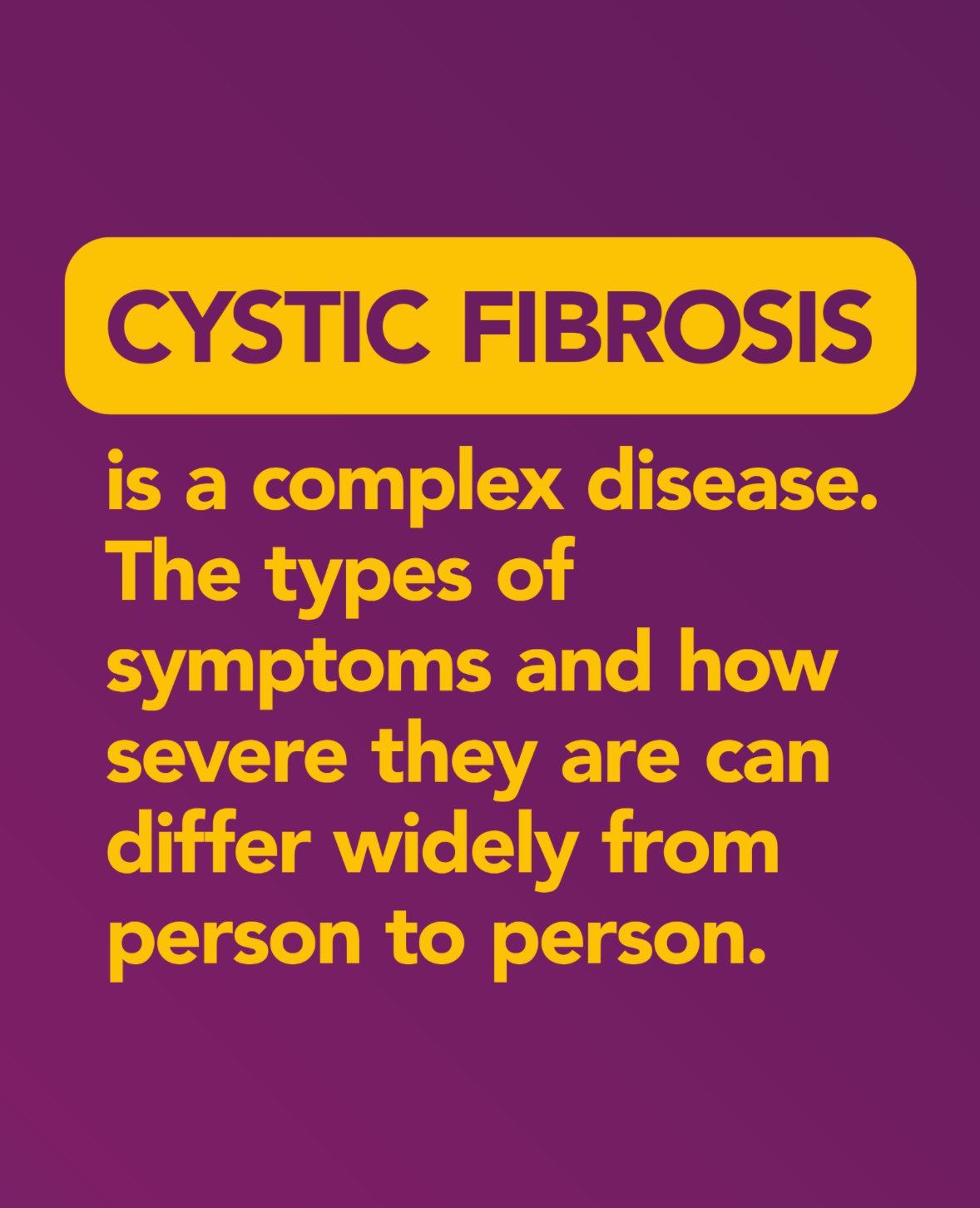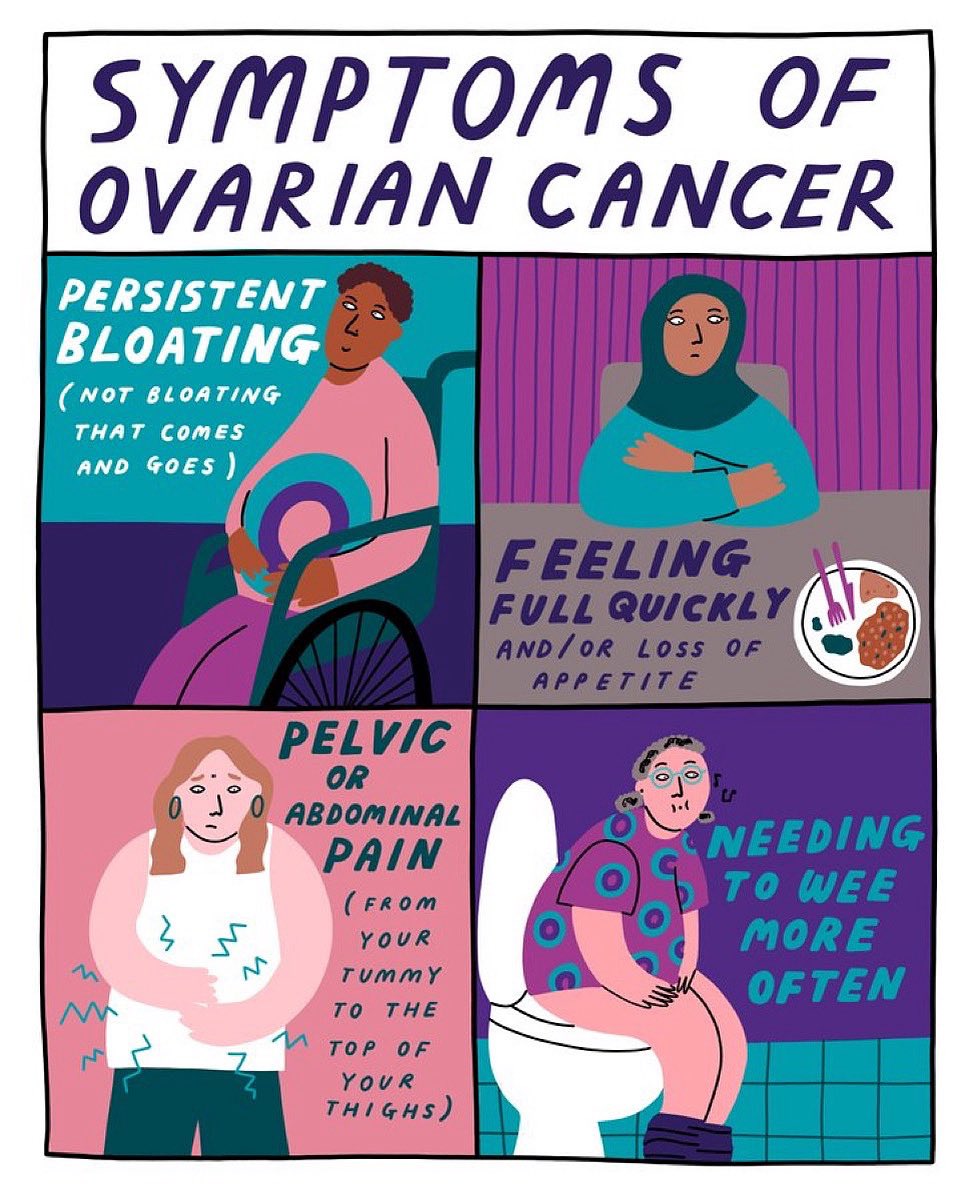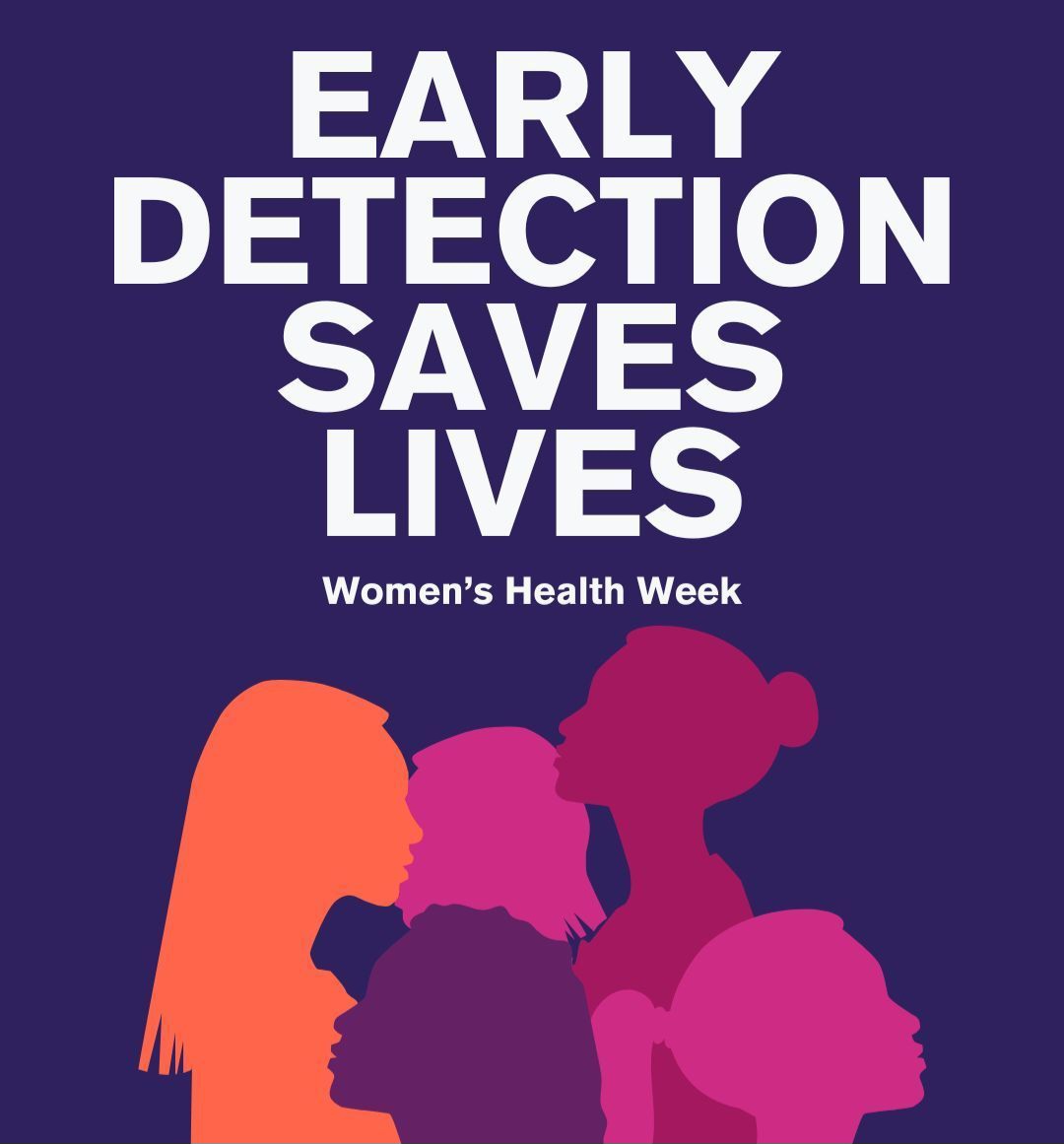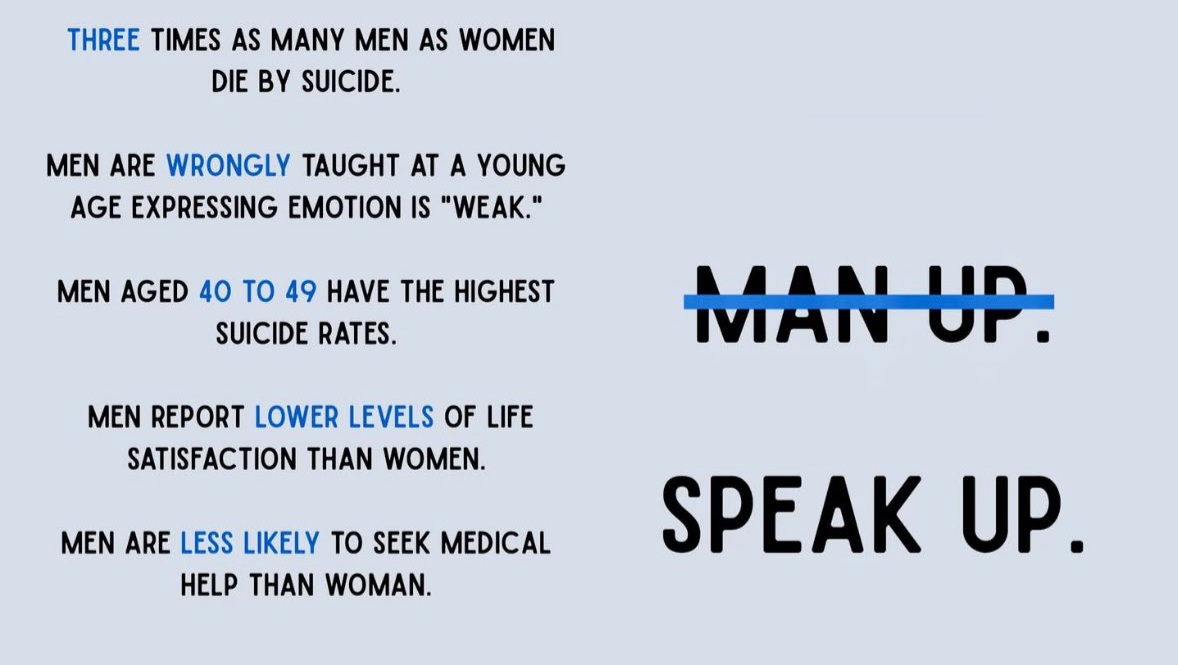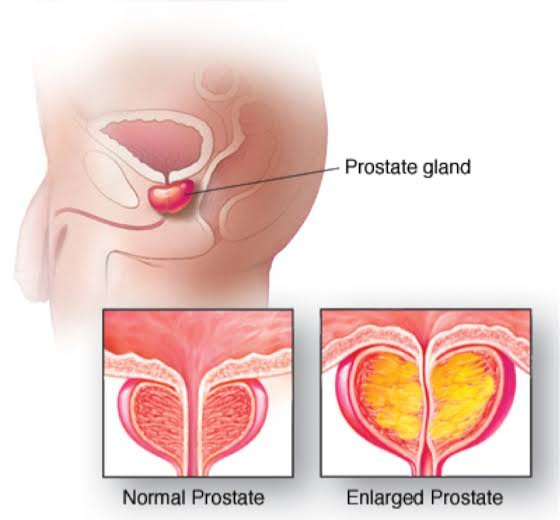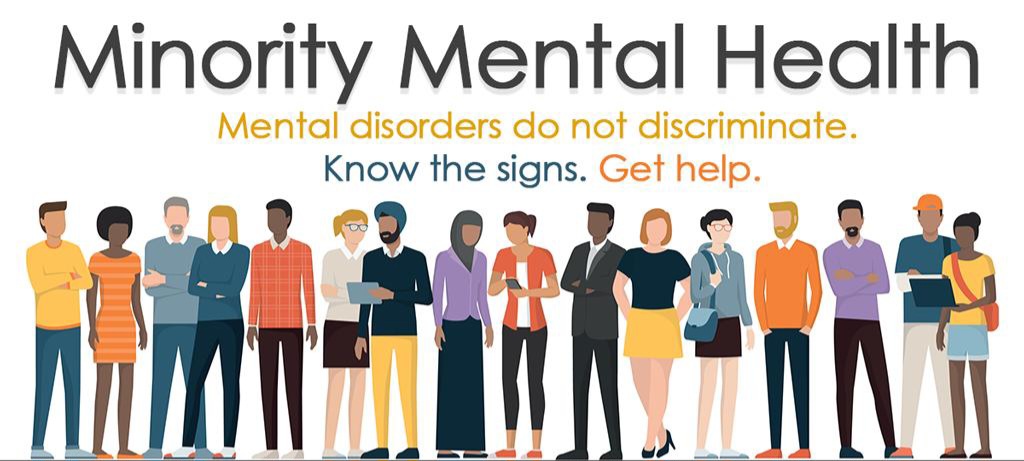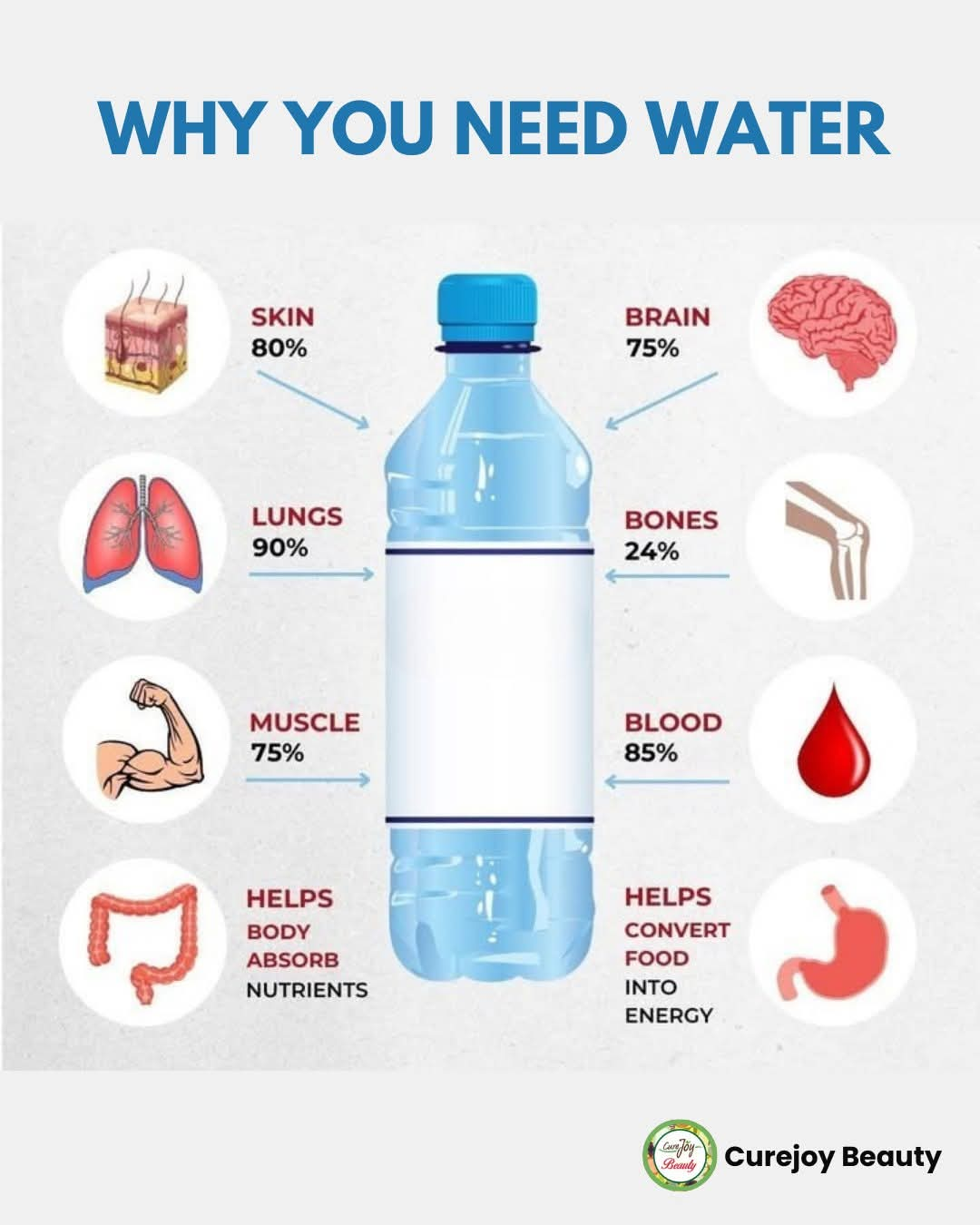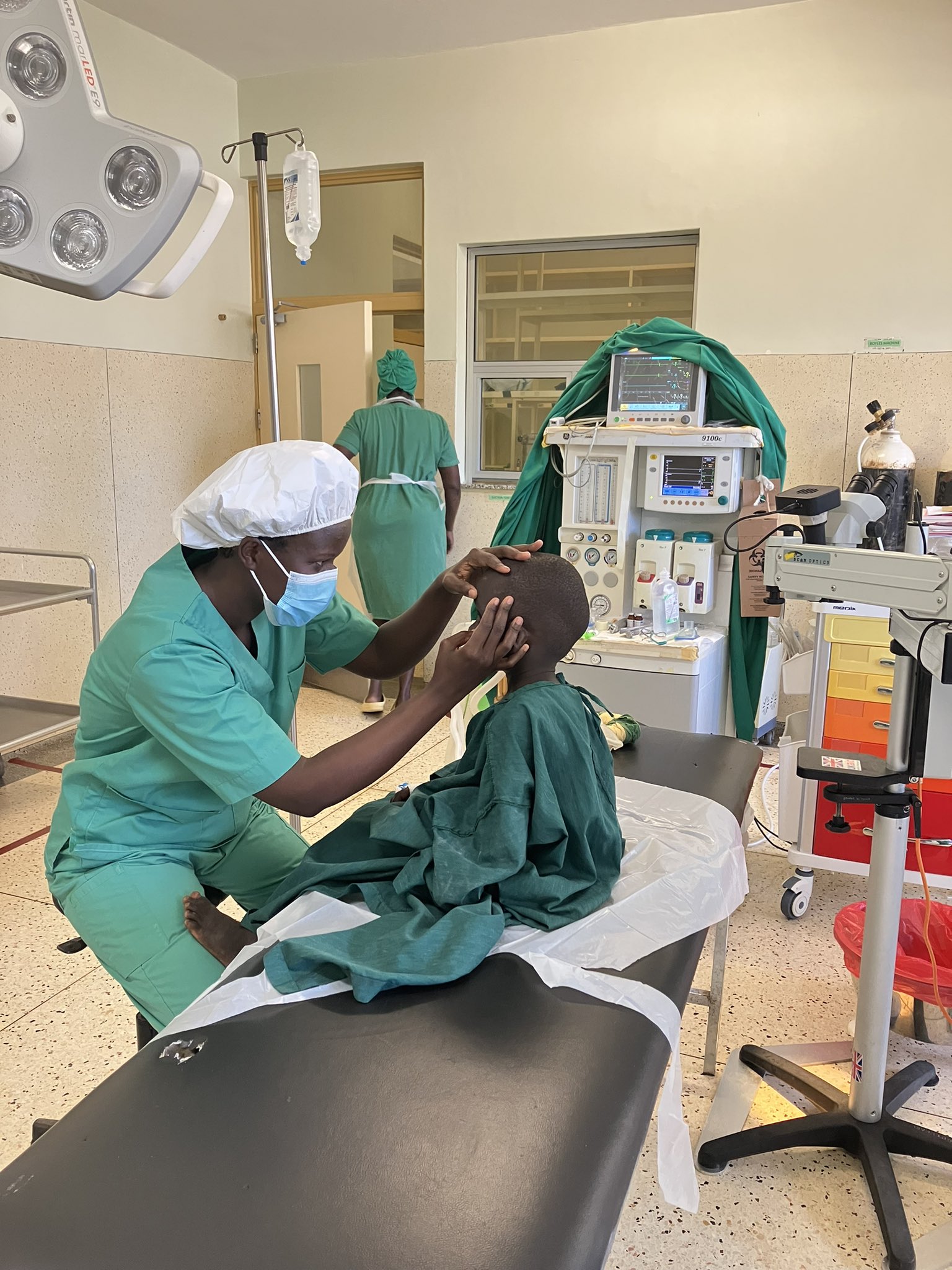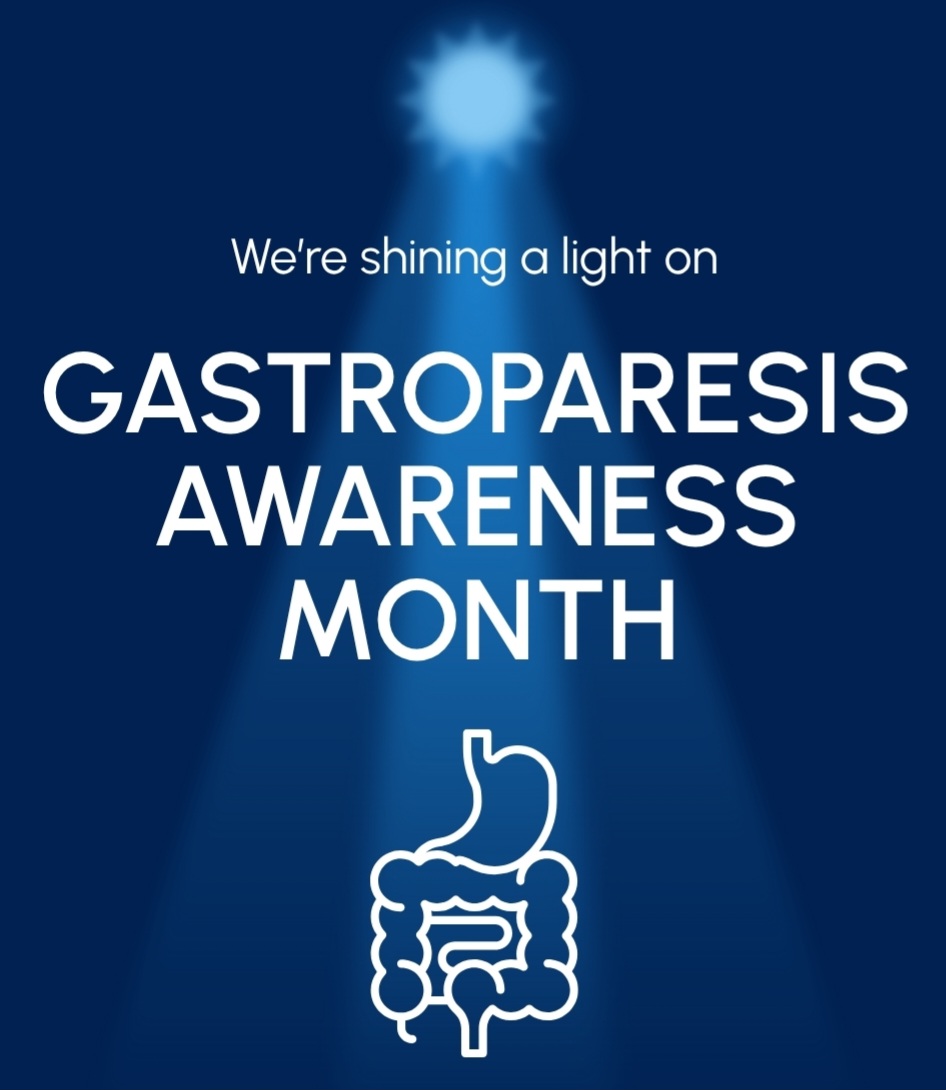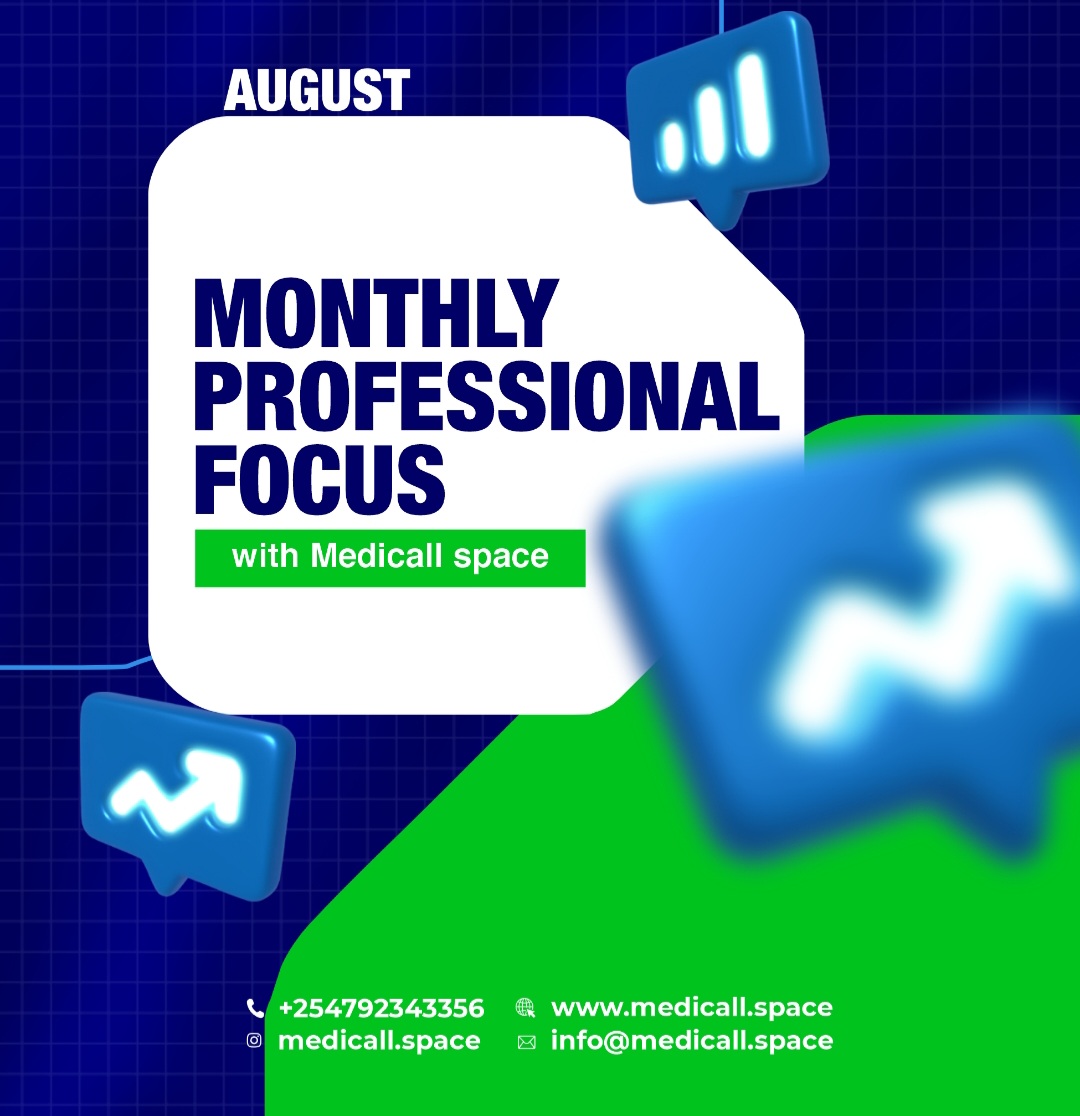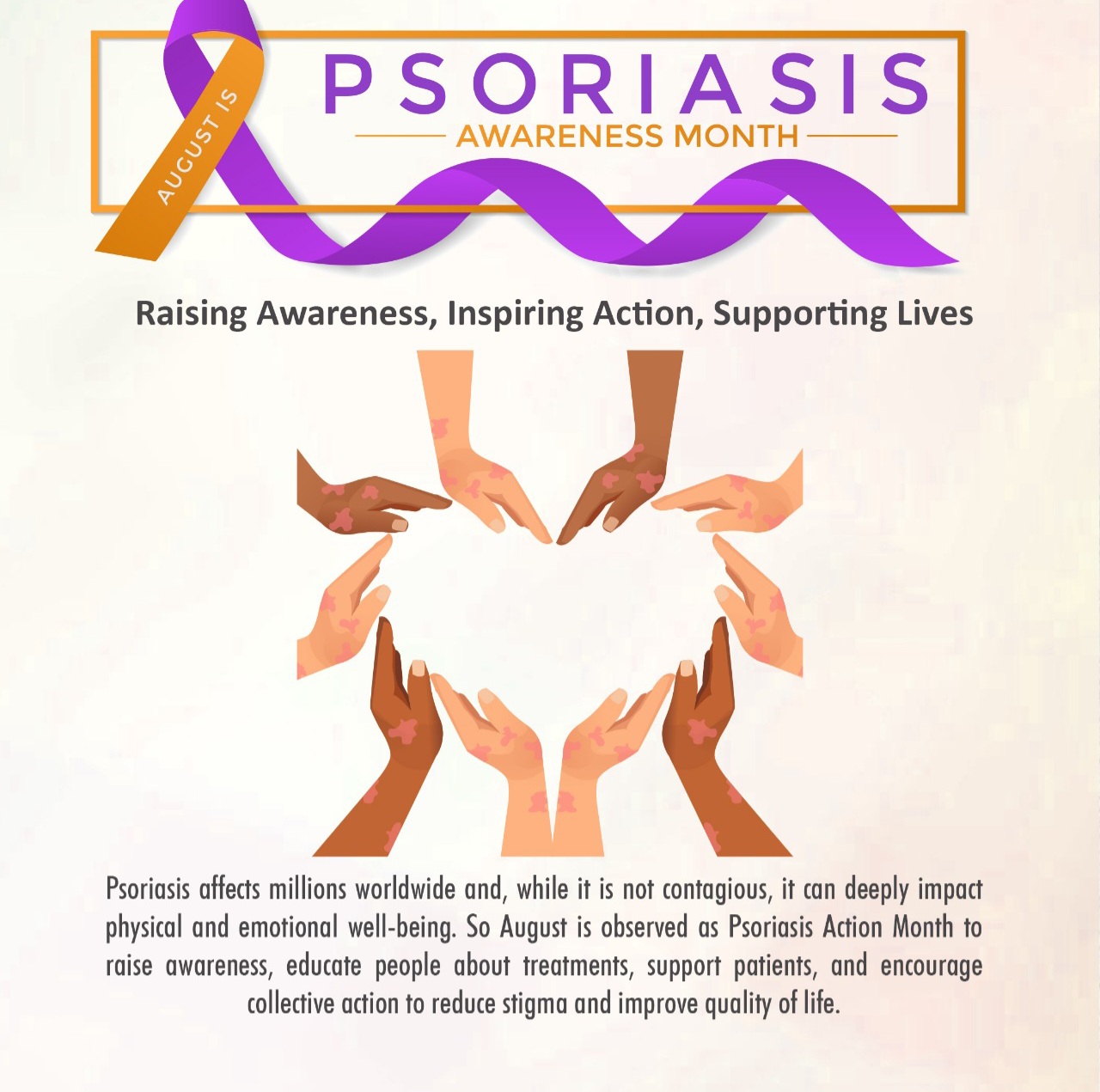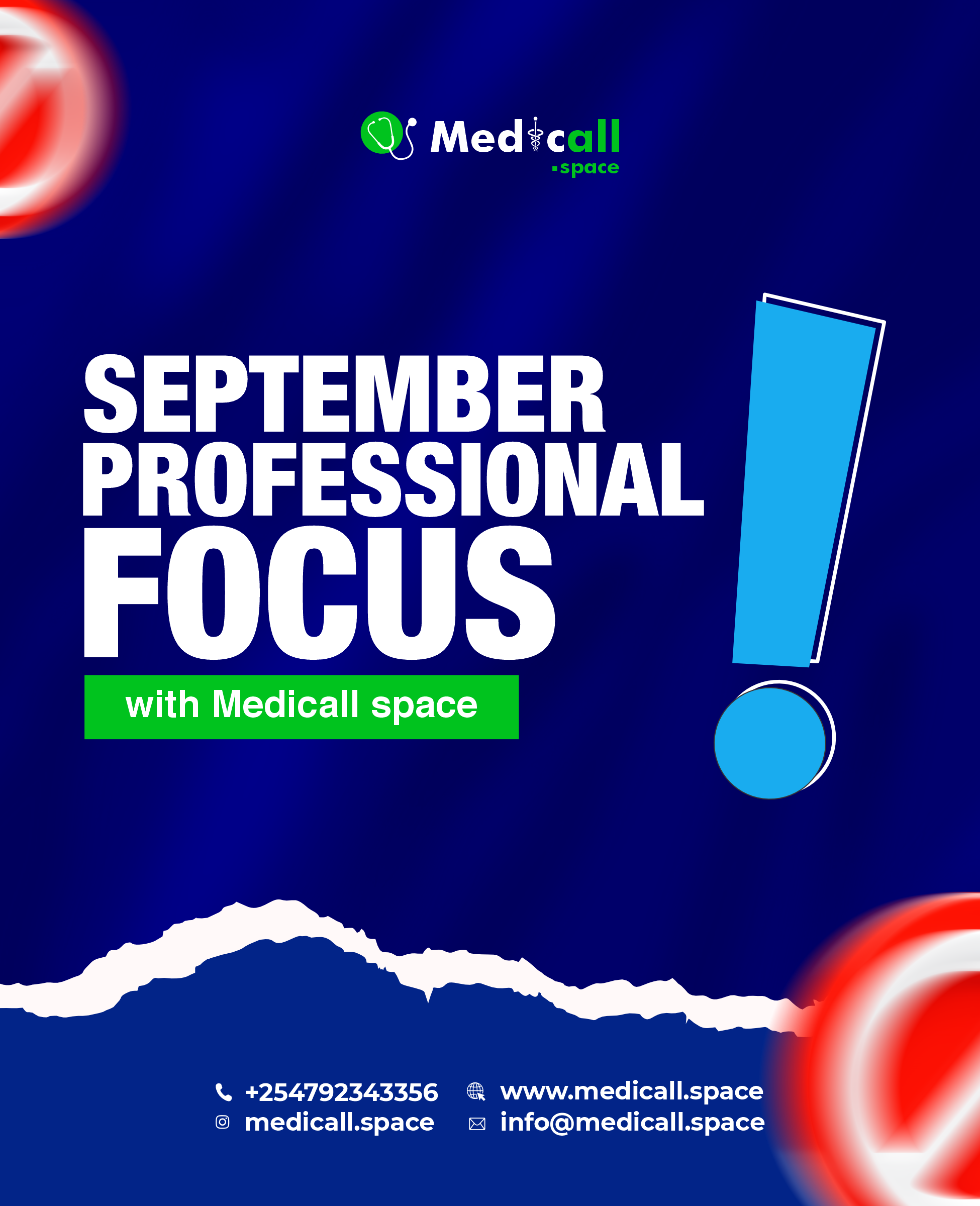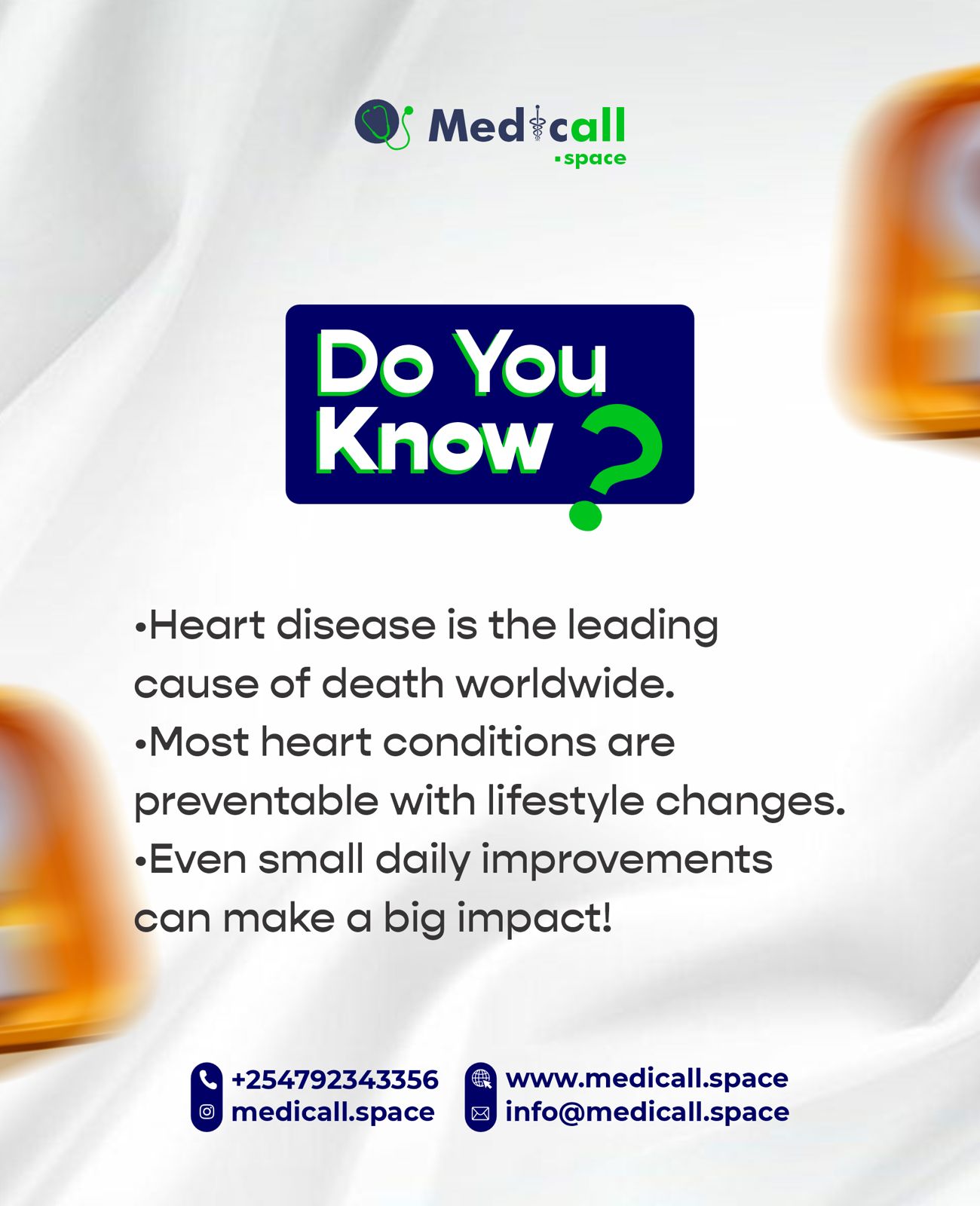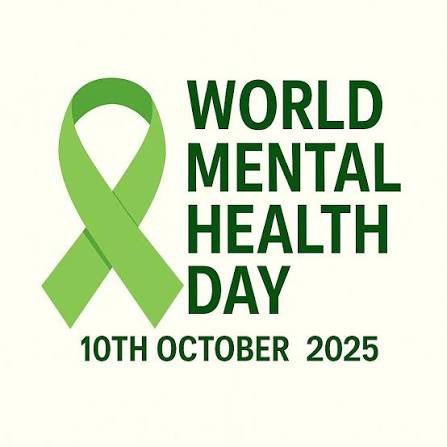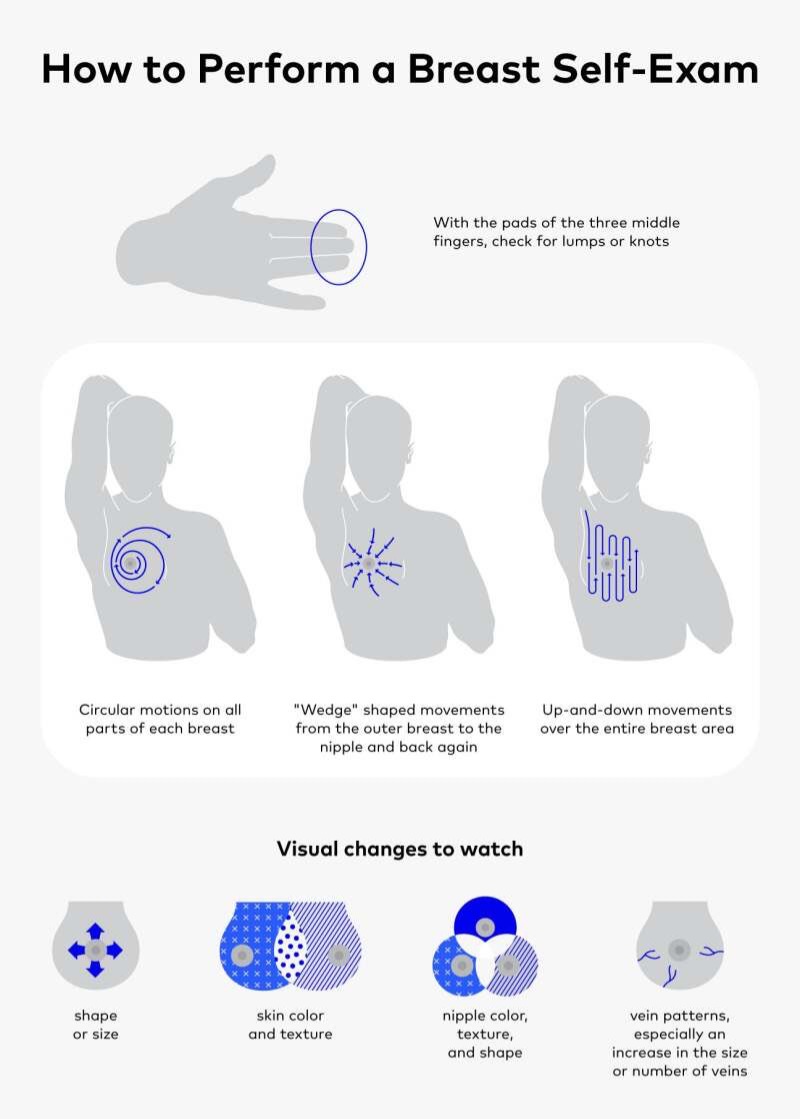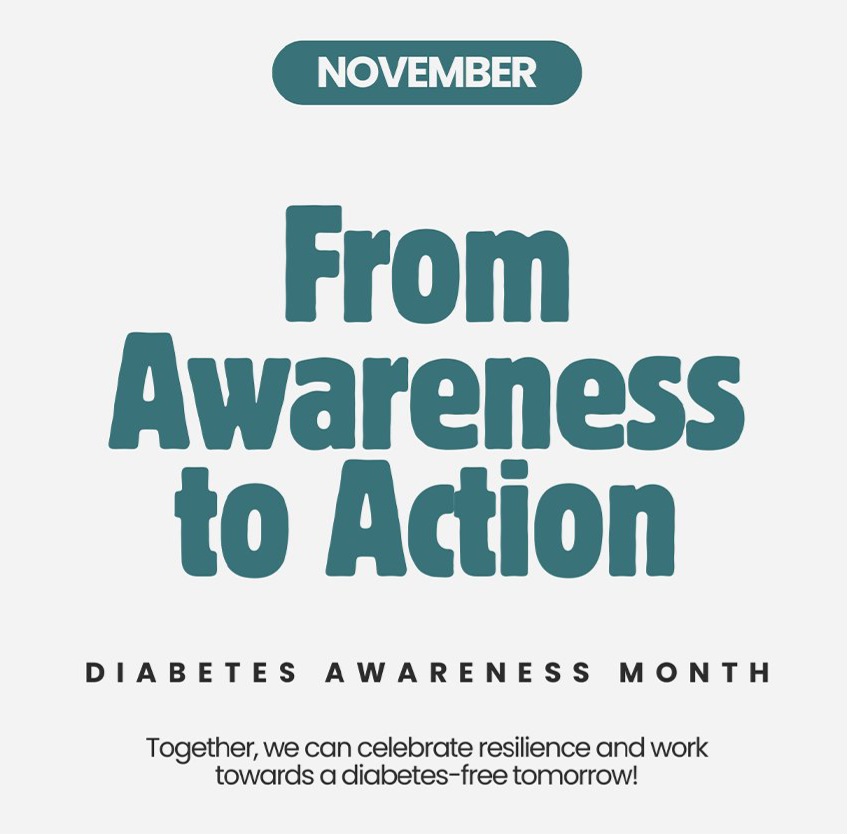Pregnancy complications can sometimes arise, affecting the health of the mother and baby.
Early detection and proper management of these issues can greatly improve outcomes.
Types
1. Gestational Diabetes
Overview: Occurs when blood sugar levels become high during pregnancy, even in those without prior diabetes.
Warning Signs: Excessive thirst, frequent urination, fatigue, or blurred vision, though often symptomless.
Management: Regular monitoring of blood sugar, following a balanced diet, exercising, and possibly taking insulin as prescribed by a healthcare provider.
2. Preeclampsia
Overview: A condition marked by high blood pressure and potential organ damage, particularly after 20 weeks.
Warning Signs: High blood pressure, severe headaches, blurred vision, shortness of breath, or swelling in the hands and face.
Management: Close monitoring of blood pressure, prescribed medications, and, in severe cases, early delivery of the baby.
3. Placenta Previa
Overview: The placenta covers the cervix partially or fully, raising the risk of bleeding during delivery.
Warning Signs: Painless bleeding in the second or third trimester.
Management: Avoiding strenuous activities, bed rest, and planning for a cesarean delivery if the condition persists near the due date.
4. Preterm Labor
Overview: Labor that begins before 37 weeks, which can lead to preterm birth.
Warning Signs: Regular contractions, lower back pain, pelvic pressure, or abdominal cramping.
Management: Hospitalization, medications to stop contractions, and corticosteroids to help fetal lung development.
5. Miscarriage
Overview: The loss of a pregnancy within the first 20 weeks.
Warning Signs: Spotting or heavy bleeding, cramping, or tissue passing through the vagina.
Management: Immediate medical evaluation, with potential procedures or medications to manage symptoms.
Key Tips for Managing Pregnancy Complications
Regular Check-Ups: Consistent prenatal visits can help monitor and detect early signs of complications.
Healthy Lifestyle: A balanced diet, regular exercise, and adequate rest support maternal and fetal health.
Know When to Seek Help: If experiencing any unusual symptoms, contact your healthcare provider immediately.
Emotional Support: Complications can be stressful, so seeking support from family, friends, or counseling can help manage the emotional strain.
N/B: Addressing pregnancy complications promptly is essential for a healthy pregnancy.
Always consult your healthcare provider when you notice any of the warning signs.











































































































